The trend of women seeking employment overseas had been steadily rising until last year when an unexpected decline occurred. Experts in the immigration sector attribute this decline to various factors, notably the increasing instances of mistreatment from employers.
In 2022, the number of women workers going abroad totaled 105,466, but in 2023, this figure dropped to 77,263, marking a significant decrease of approximately 28,000 from the previous year.
One major issue highlighted is the lack of proper training provided to women before their departure, leading to various challenges and instances of abuse. Many women end up returning to their home country due to unfavorable conditions, including instances of torture, contributing to a reluctance among potential workers and an overall decrease in the number of women seeking employment abroad.
According to data from the Bangladesh Bureau of Manpower, Employment, and Training (BMET), the highest number of women workers going abroad was recorded in 2017, with 121,925 workers. However, since then, there has been a fluctuating trend, with a notable decline observed in 2023.
Saudi Arabia has been a prominent destination for women workers from Bangladesh, but along with the increase in the number of workers, there has been a corresponding rise in complaints ranging from sickness and homesickness to instances of physical and sexual abuse.
Abul Bashar, president of the Bangladesh Association of International Recruiting Agencies (Baira), noted negative publicity surrounding women workers in the country, leading to hesitancy among potential recruits.
Despite challenges, there is a lack of accountability for returned workers within government agencies. Organizations like Brac are actively assisting expatriate women who have returned to Bangladesh due to abuse suffered while working abroad.
Salma Ali, president of the Bangladesh Women Lawyers Association, emphasized the need for holding destination countries accountable and ensuring support for women workers, highlighting a significant gap in current immigration laws regarding the protection of women.
BMET Director General Saleh Ahmad Mozaffar acknowledged the abuse faced by domestic workers in the country and emphasized the importance of training before overseas employment.



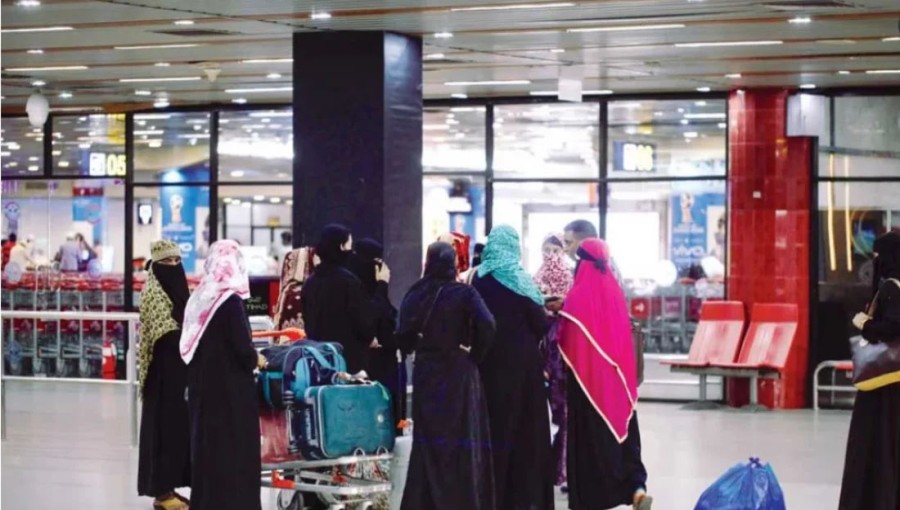
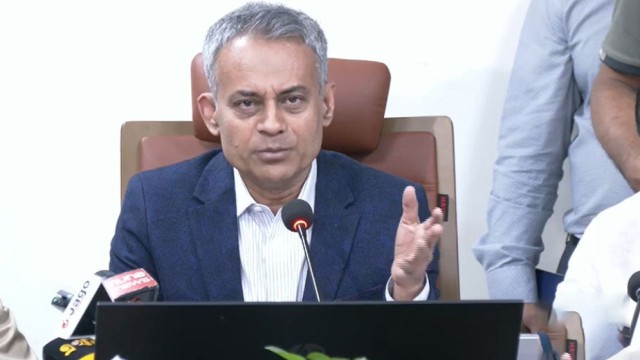





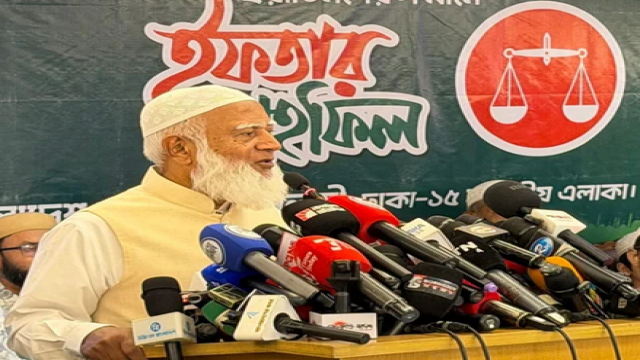
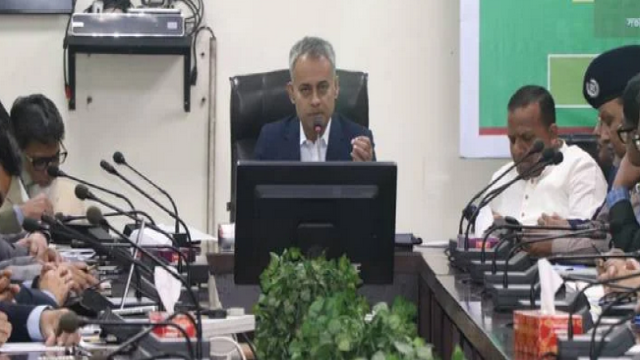




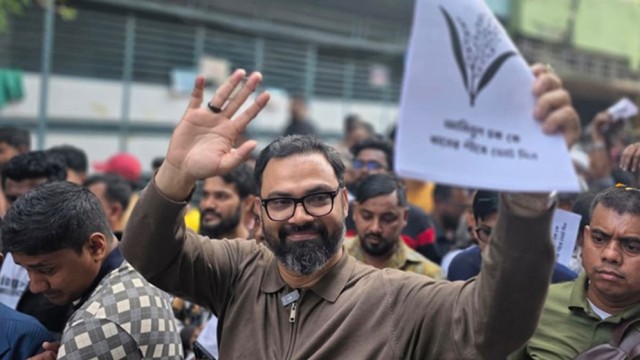











Comment: